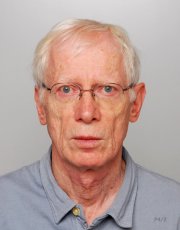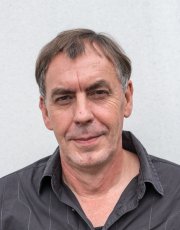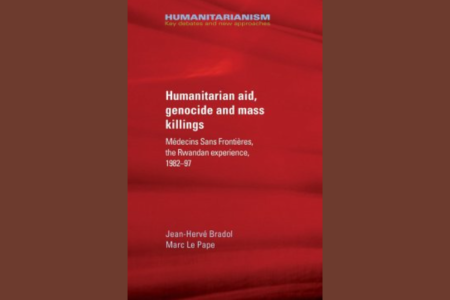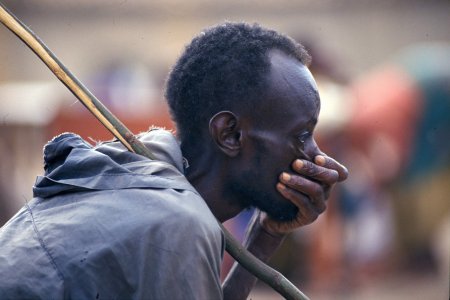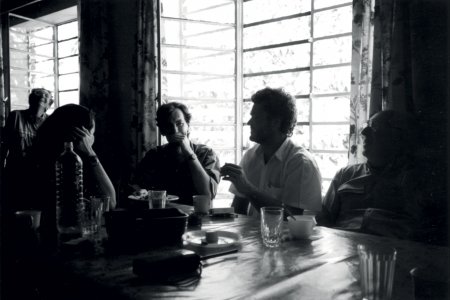
Living through the horrors of genocide: humanitarian workers in Rwanda
Marc Le Pape & Jean-Hervé Bradol
How much is known about the daily experiences of humanitarian workers in extreme situations such as major conflict or disaster? In their new book, Humanitarian Aid, Genocide and Mass Killings: Médecins sans frontières, the Rwandan experience, 1982-97, Marc Le Pape and Jean-Hervé Bradol set out to answer some of these questions. The book is also informed by Bradol’s experience of working for Médecins Sans Frontières in Rwanda during the genocide. Interview with the authors, done and published by The Conversation.
You investigated humanitarian operations in the Great Lakes region between 1990 and 1997. This was a period of extreme violence against Rwandophone populations. You specifically looked at the records of Doctors Without Borders in Paris. What did you hope to learn?
Marc Le Pape: The actual day-to-day work of humanitarian teams in situations of extreme violence is generally little known and understood. That’s why our investigations focussed on messages from the field, while most studies are far more concerned about getting the macro-political or macro-humanitarian picture (...)"

